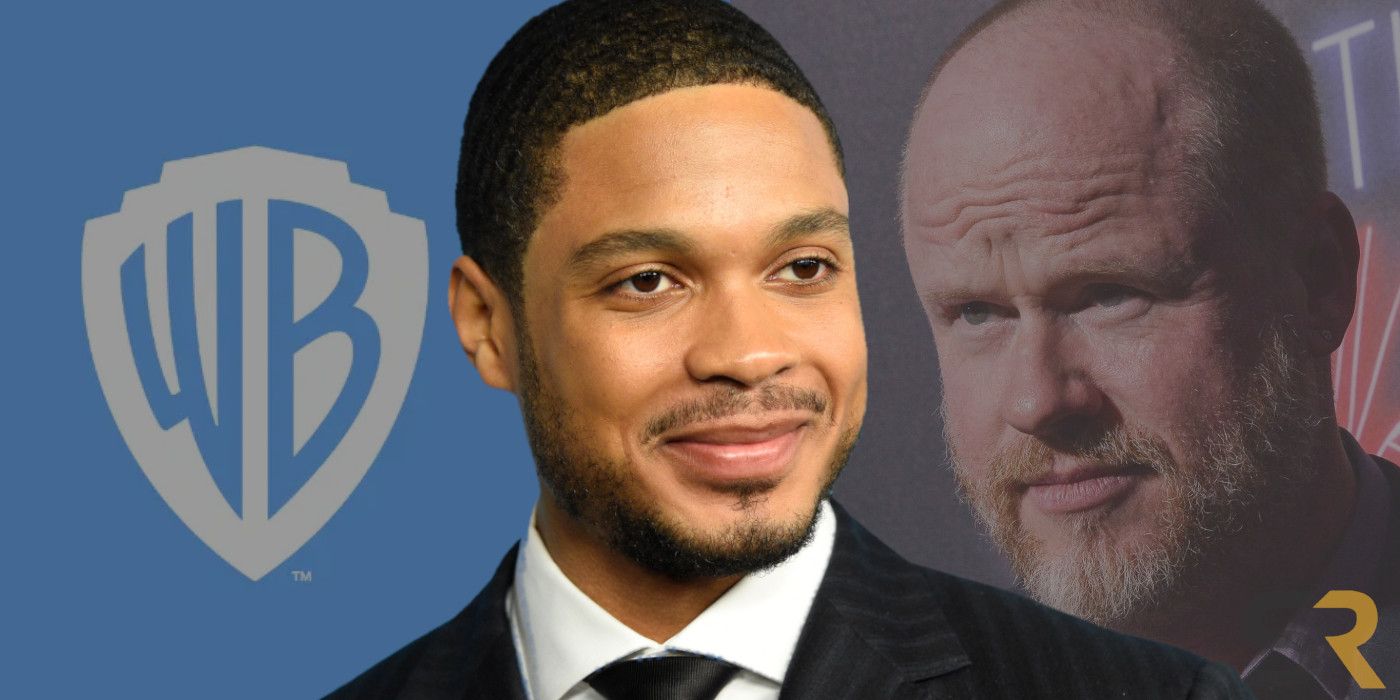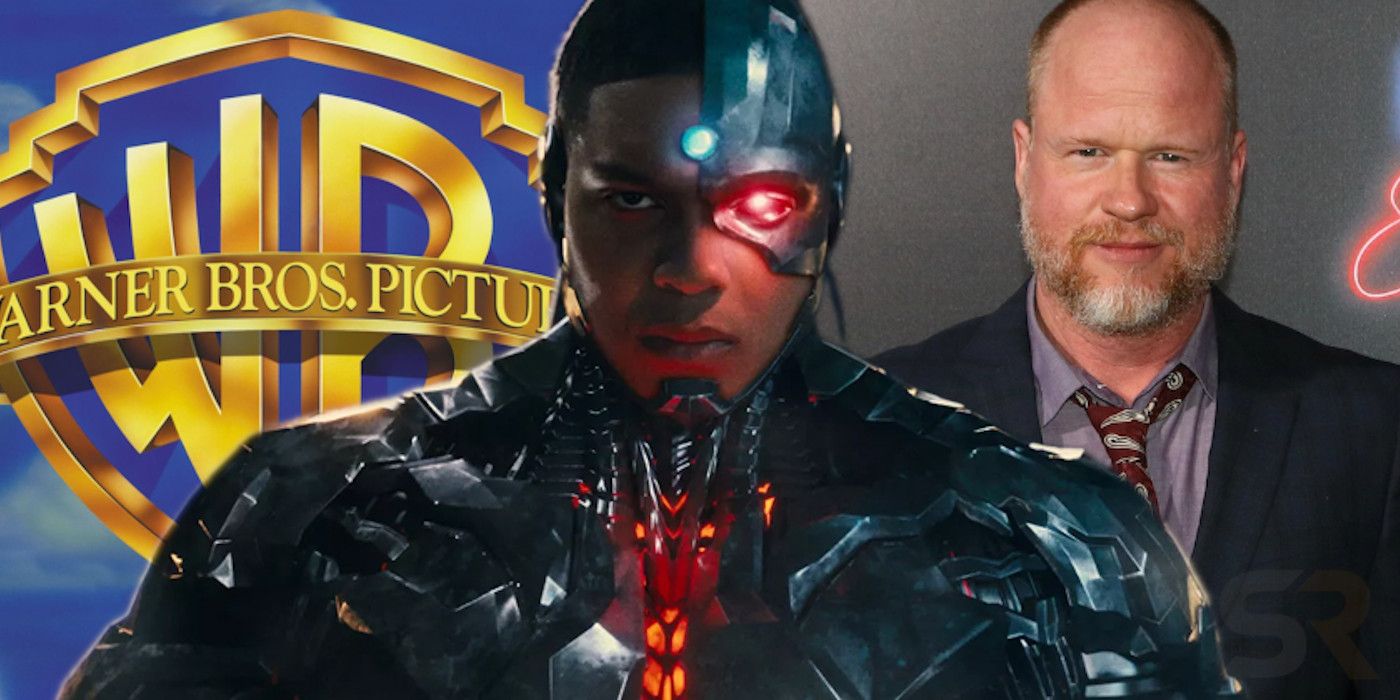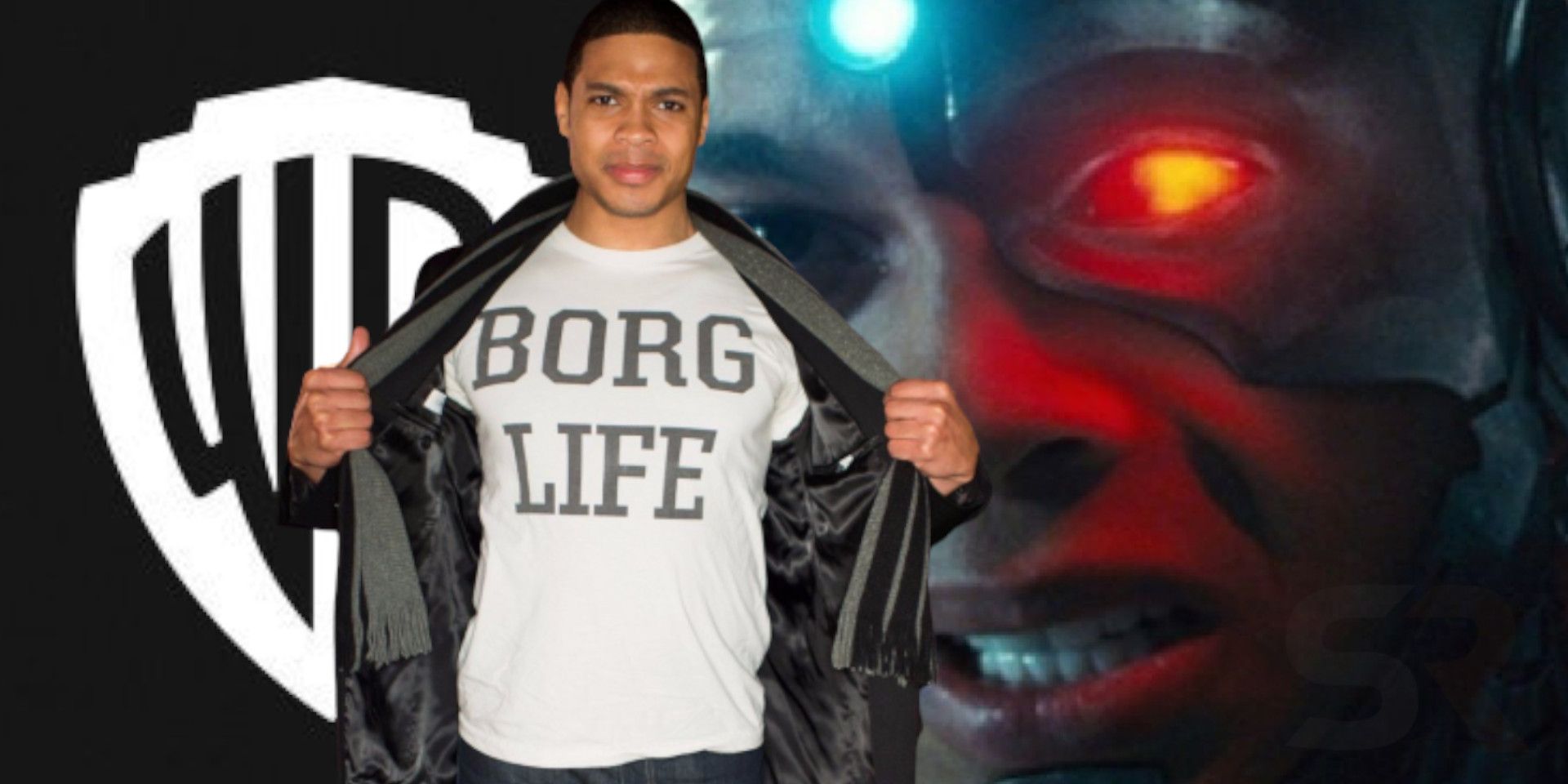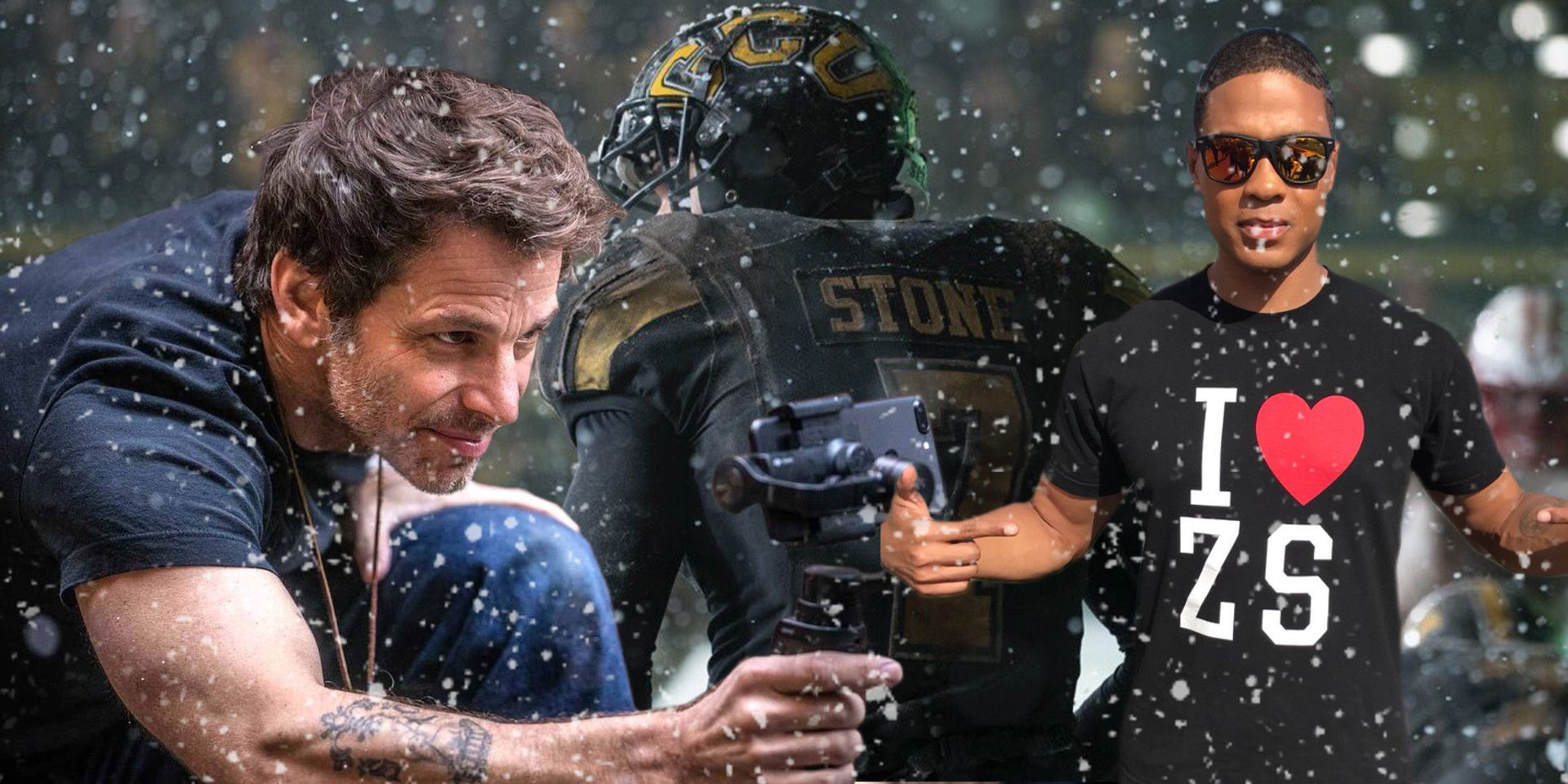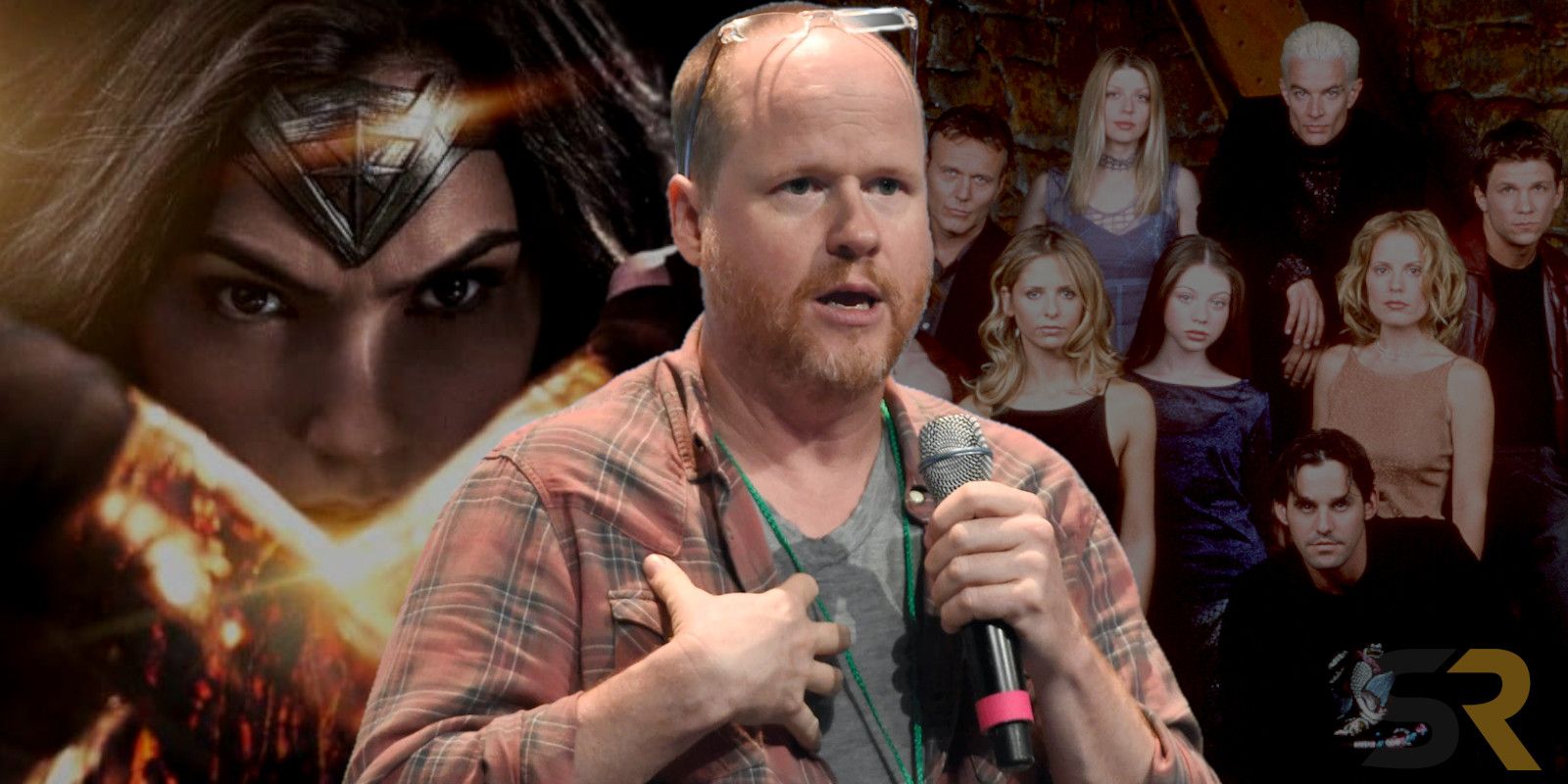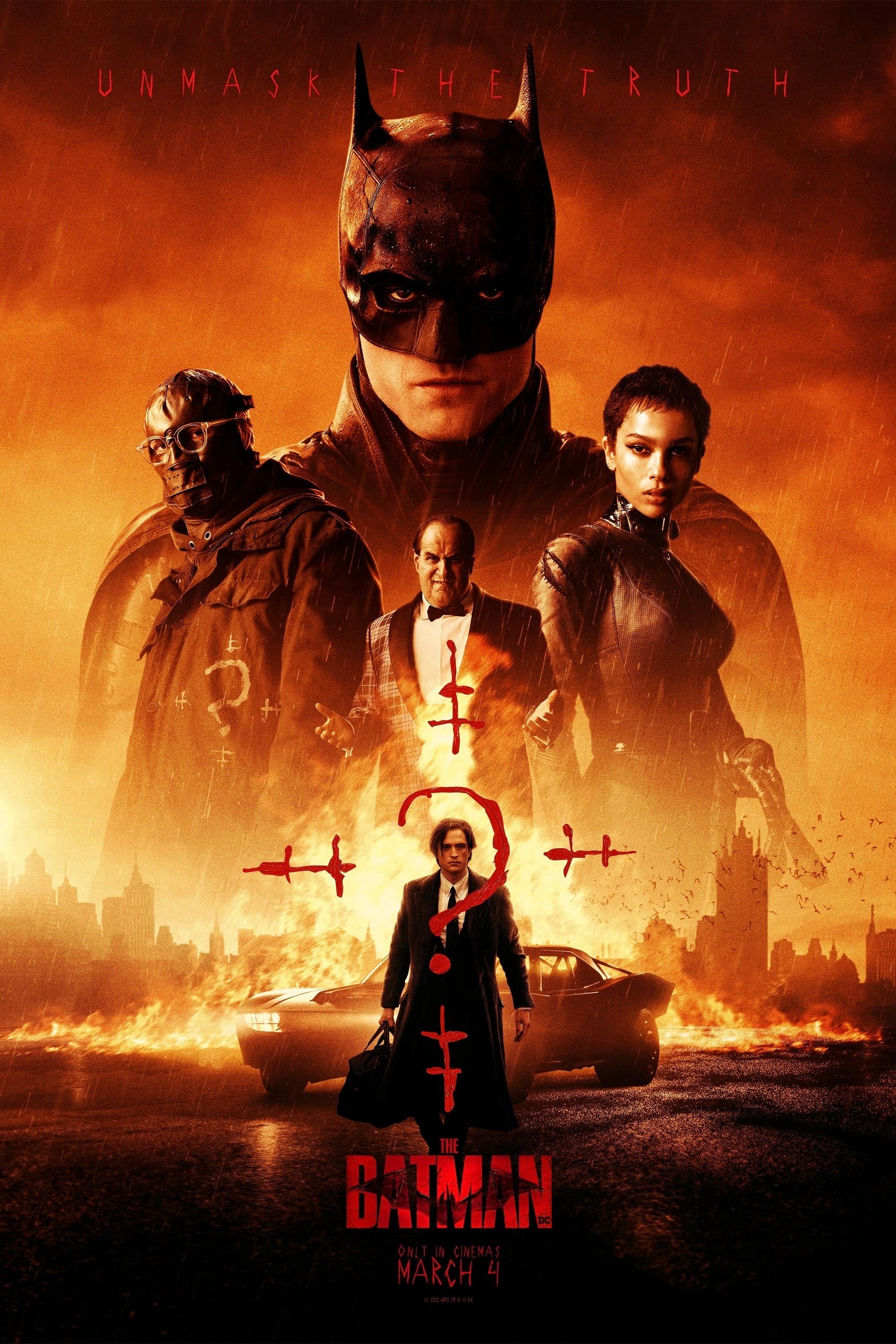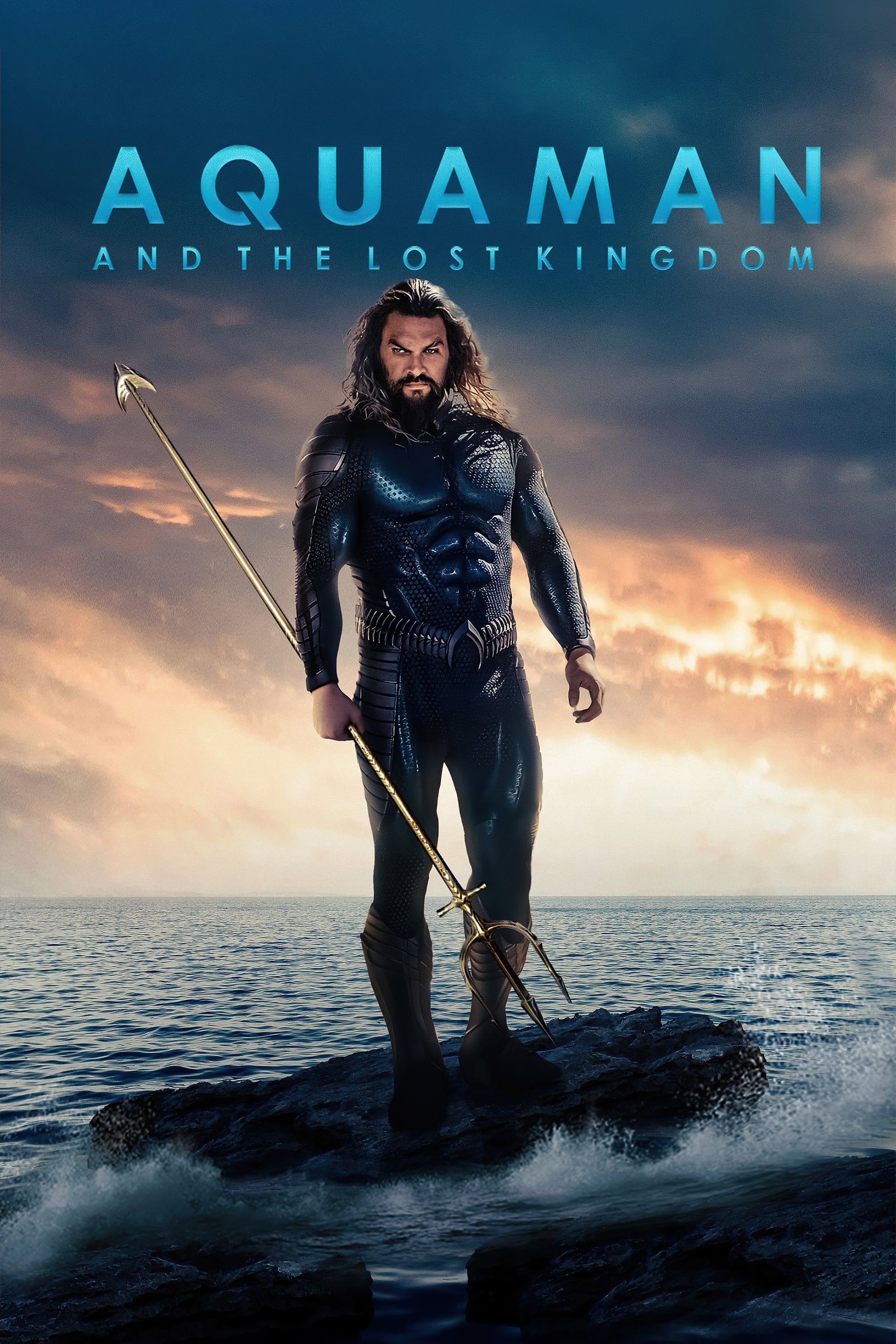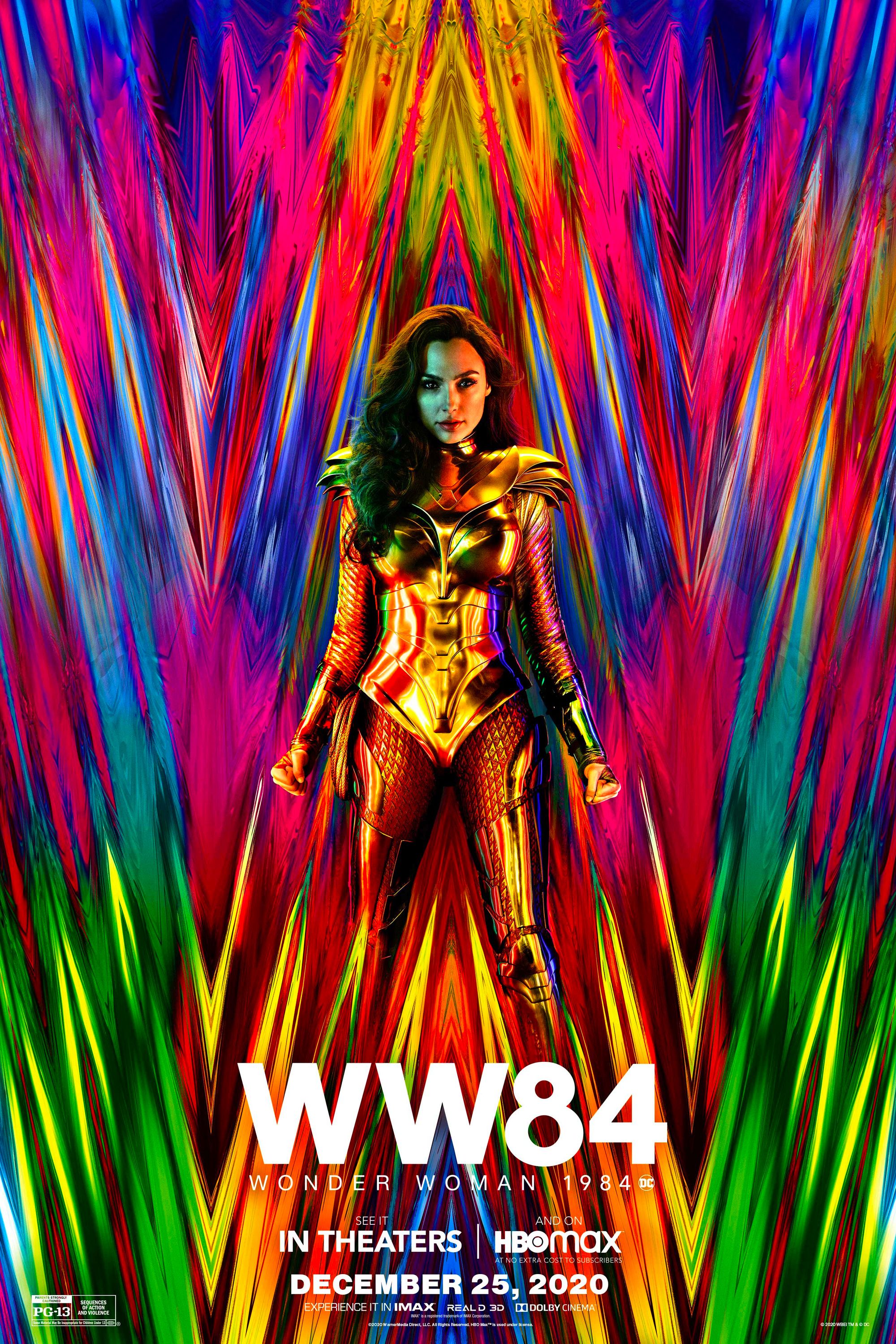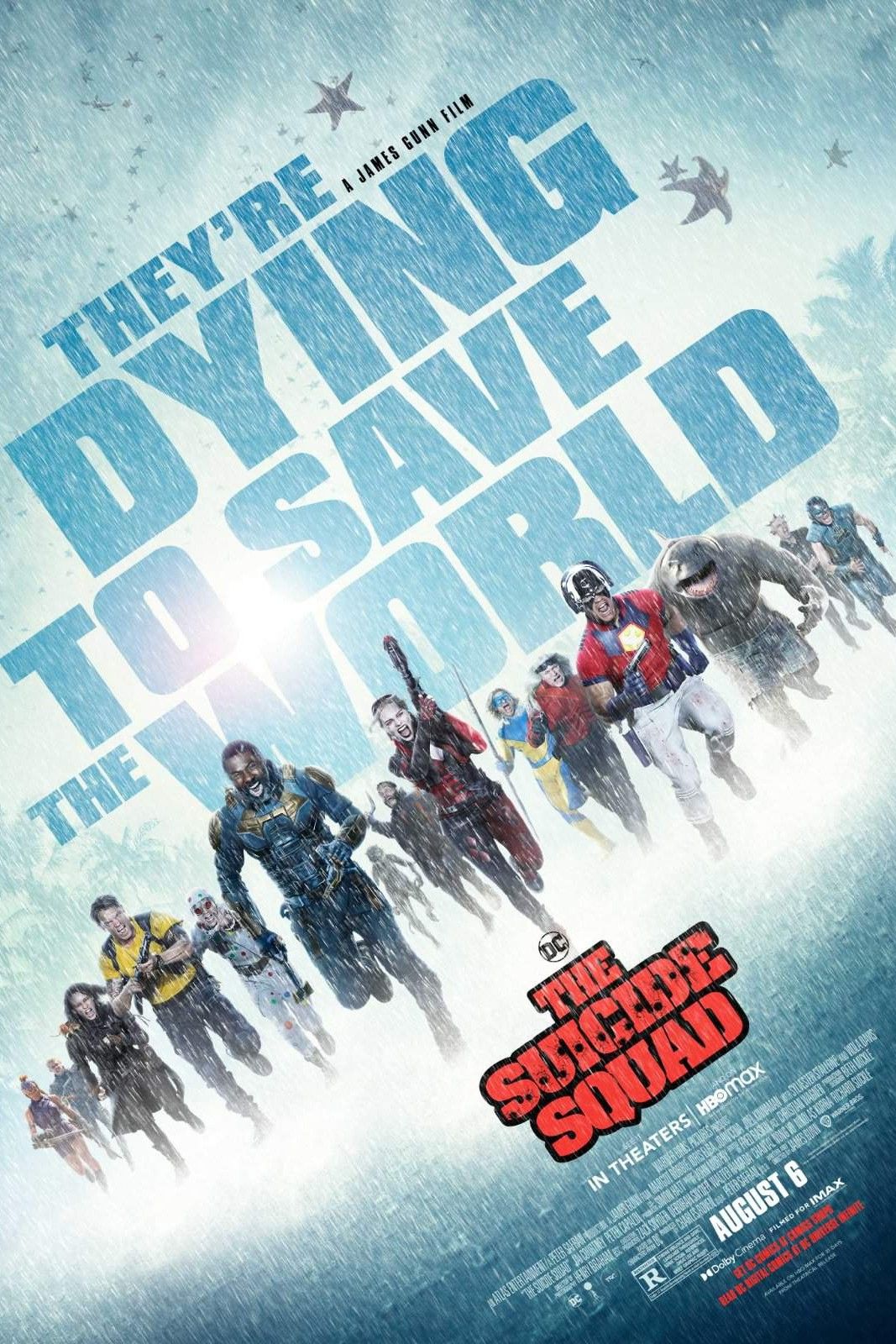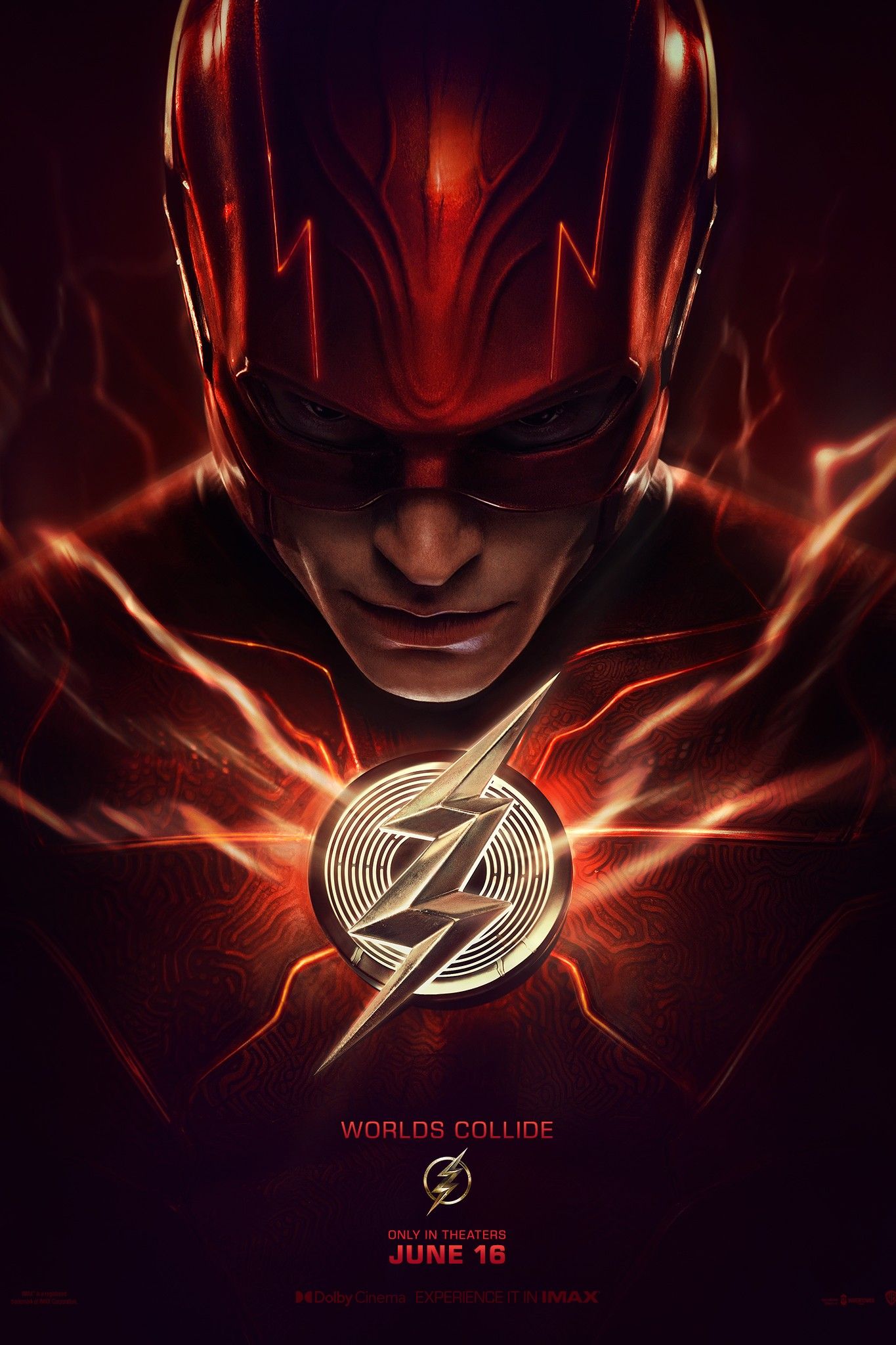Warner Bros. and Ray Fisher had numerous back and forth exchanges over the Cyborg actor's allegations of abuse and misconduct on the set of Justice League leading to an investigation after which Joss Whedon was removed from his show, The Nevers. While Zack Snyder's Justice League is finally on its way to HBO Max, the fallout from Justice League's production is far from over.
It's no secret that there were issues on the set of Justice League, given the high profile and polarizing nature of Snyder's DCEU and the family tragedy that proceeded his departure, along with massive reshoots in the 11th hour resulting in a drastically different iteration of the movie compared to Frankenstein's monster with jarringly mismatching tonal shifts, shallow rewrites to the story, and incomplete VFX highlighted by Henry Cavill's infamously ugly CGI mustache removal. To top it all off, Ray Fisher's allegations of on-set abuse and subsequent investigation became one of many similar claims of toxicity against WarnerMedia and its subsidiaries.
WarnerMedia may have completed an investigation and taken action on their findings, but Fisher isn't satisfied with the results yet and was removed from his role in The Flash due to a statement that he wouldn't participate in any productions involving DC Films president Walter Hamada until after he'd issued an apology to the individuals who participated in the Justice League investigation. As far as WarnerMedia is concerned, the case is closed, but with Fisher's persistence and a recent Joss Whedon interview making the situation look even worse, Fisher's claims have only gained credibility with time.
Ray Fisher's Full Justice League Reshoot Allegations
Fisher's first tweet on the subject accused Whedon of being gross, "abusive, unprofessional, and completely unacceptable" to the cast and crew on-set during production - a contrast to Snyder's notoriously good working conditions. The tweet went on, to allege producers Geoff Johns and John Berg (the former of whom was president of DC Entertainment at the time) enabled Whedon's behavior in many ways.
Fisher's campaign gained support over time as people with experience with Whedon's behavior on past productions like Buffy the Vampire Slayer, Angel, and Firefly, such as Charisma Carpenter, Jeff Pruitt, and Sophia Crawford spoke out against Whedon. Fisher revealed that he'd been building a case for two and a half years, and even openly challenged Whedon, saying "We’re gonna get to the heart of everything. And if anything I said about that man is untrue, I invite him wholeheartedly to sue me for libel, to sue me for slander.”
In addition to his claims against Whedon, Fisher also revealed that during reshoots he attempted to take his concerns up the proper chain of command, earning a call to Geoff Johns' office where he says Johns belittled him and "made a thinly veiled threat to my career" which, if Fisher's interpretation of the situation is accurate, could be considered workplace retaliation, a criminal act in California. A week later, Fisher also tweeted "Geoff Johns, Joss Whedon, Jon Berg (and others) grossly abused their power during the uncertainty of AT&T’s merger with Time Warner."
While he wasn't in the role during Justice League's reshoots, DC Films president Walter Hamada has also been added to Fisher's complaints due his alleged efforts to stall or avoid an official investigation and Fisher's claims he"attempted to throw Joss Whedon and Jon Berg under the bus in hopes that I would relent on Geoff Johns."
Fisher also detailed additional claims of racism, saying Whedon "ordered that the complexion of an actor of color be changed in post-production because he didn’t like the color of their skin tone" and that "erasure of people of color...was neither an accident nor coincidence." According to Fisher, the racism wasn't isolated to Whedon, as "blatantly racist conversations were had and entertained—on multiple occasions—by former and current top-level executives at Warner Bros. Pictures,"
WB's Investigation and Response Was a First Step, But Not Enough For Fisher
The first response to Fisher came from John Berg, who indicated he believed Fisher's complaints revolved mostly around the use of the word "booyah," which is Cyborg's catchphrase in the Teen Titans animated series (not actually a fixture of the character in comics). Fisher has expressed in previous interviews that he worked closely with Snyder and writer Chris Terrio during the creation of the script to make sure Cyborg wasn't "relegated to being the catchphrase spitting ‘cool Black dude’." Fisher says Berg has since contacted him to say he's sorry Fisher had such a negative experience on set.
After Fisher began leveling accusations against DC Films president Walter Hamada, Warner Bros. released a statement reducing Fisher's allegations to simple complaints about the script, suggesting he wasn't aware of the typical film development process - which some may interpret as condescending - and ignoring his claims of bad behavior from Whedon, abuse of power by Johns and Berg, and a potential attempt at workplace retaliation by Johns. Warner Bros. claims several attempts were made to initiate an investigation, but Fisher refused to cooperate, indicating they've been fully cooperative and saying the company "remains committed to investigating any specific and credible allegation of misconduct, which thus far Mr. Fisher has failed to provide."
Fisher responded with screenshots of emails revealing he was dissatisfied with Warner Bros. hiring an internal lawyer and was working with his team and the Screen Actor's Guild to get an impartial 3rd party investigator to handle the investigation. WarnerMedia eventually found an investigator agreeable to Fisher and interviewed over 80 people from the production. At the end of the investigation, they issued a statement that remedial action had been taken, but didn't specify what was found or what the action was, although Whedon had just recently been unceremoniously released from his HBO Max series, The Nevers, which Fisher suggested was a result of the investigation.
Why Ray Fisher Didn't Back Down After the Investigation Ended
Even though the investigation seemed to meet Fisher's standard, he was dissatisfied with the fact that Whedon seemed to be the only person impacted and believes WarnerMedia let Geoff Johns, Toby Emmerich, and Walter Hamada off the hook. He said he wouldn't participate in any DC films Hamada was involved in, and in response, Warner Bros. removed him from the film before production began. Fisher continues to demand Hamada, as head of DC Films, issue an apology to the individuals involved in the investigation, but there has yet to be any public statement made from the DC Films president.
Considering the bad optics the situation already has, with Snyder being pushed out of the director's chair in the wake of his daughter's death, massive reshoots to change the plot and tone of Justice League (amid numerous statements from executives saying the plot and tone weren't being changed), the refusal to delay the movie so some executives could get their bonuses, the tangentially related departure of Kevin Tsujihara and Brett Ratner under a cloud of controversy, and the numerous revelation about Whedon in recent years, Fisher's claims continued to pan out, although with Warner Bros. seemingly washing their hands of the situation after the investigation and Whedon's departure, it's not clear if they'll take any additional action on the issue.
Joss Whedon Denies Ray Fisher's Claims
Even though Whedon was seemingly the only impacted by the investigation into Fisher's claims, he recently denied any wrongdoing, seemingly supporting a conspiracy theory that Zack Snyder is secretly using Fisher to damage Whedon's reputation, also claiming the real problem was that Ray Fisher was a "bad actor." He also responded to claims that he had threatened Gal Gadot, blaming the situation on a misunderstanding due to her grasp of the English language. Gadot responded to this claim, saying "I understood perfectly."
Whedon's tone-deaf interview created far more problems for him than he solved, and possibly made more problems for WarnerMedia, as his attacks on Fisher actually ended up increasing support for the Cyborg actor. It's not clear if that support will extend to Fisher's claims about Johns, Emmerich, and Hamada, but it certainly paints Fisher in a much better light than anyone else in the situation.
Fisher indicates he's not going to let up, and every step of the way, from the release of Zack Snyder's Justice League resulting in Cyborg's story and Fisher's performance receiving high praise, to Whedon basically helping prove Fisher's point for him, the Cyborg actor's credibility has increased. It's not clear what it would take to get any additional responses out of WarnerMedia, or if they'd even bother instead of waiting for the pending merger with Discovery to be completed so it becomes someone else's problem.

